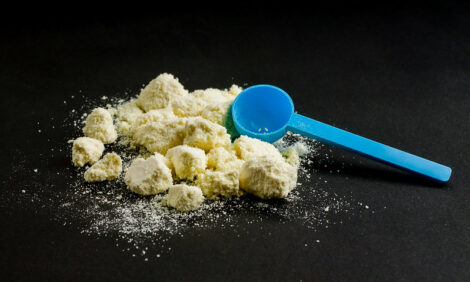



US Cloned Animals Await the Future
US - Earlier this week the United States Department of Agriculture (USDA) announced that there was no end in sight for the voluntary moratorium on selling cloned animal products for human consumption. This goes against a previous ruling that had declared them harmless.In January, the U.S. Food and Drug Administration ruled that products from cloned cattle, swine and goats and their offspring were as safe as milk and meat from traditional animals.
Before then, farmers and ranchers had followed a voluntary ban on the sale of cloned products.
After the FDA's ruling, USDA asked the cloning industry to prolong the ban for a transitional period expected to last several months.
* "It's a slow adoption. It's not like switching a light switch" |
|
Barbara Glenn, a spokeswoman with BIO
|
"We have asked those companies to continue with that voluntary moratorium," Bruce Knight, USDA's undersecretary for marketing and regulatory programs, said at the National Association of Agriculture Journalists conference. "I do not have an end date on that."
Knight added the marketplace so far has "been very accepting, very understanding" of the moratorium.
USDA is now responding to questions and concerns in the sector and working with other countries reviewing cloned products.
Even after the ban is lifted, it could take three to five years before consumers are able to buy clone-derived food as animals need to be cloned, and then mature and give birth.
Milk and meat would come from the offspring of cloned animals, which the industry and FDA view like any other offspring from traditional animals. Currently, an estimated 600 cloned animals exist in the United States.
So far, major food companies including Tyson Foods Inc, the largest U.S. meat company, and Smithfield Foods Inc have said they would avoid using cloned animals.
"There is still substantial doubt about the safety of cloning," said Jaydee Hanson, a policy analyst with The Center of Food Safety, citing a list of polls showing the public is skeptical about consuming cloned meat and milk.
He called the FDA assessment of cloned products "inadequate" because it relied on limited data. Hanson added the moratorium should continue "until FDA or USDA has conducted a more wholesome review" to address a list of concerns.
Proponents, including the Biotechnology Industry Organization, say cloned animals are safe and a way to create animals that produce more milk, better meat and are more disease-resistant.
"It's a slow adoption. It's not like switching a light switch," said Barbara Glenn, a spokeswoman with BIO. She said that cloning will one day be "a tool in the toolbox of farmers ... to help them produce better livestock."
Further Reading
| - | Go to our previous news item on this story by clicking here. |
TheCattleSite News Desk


